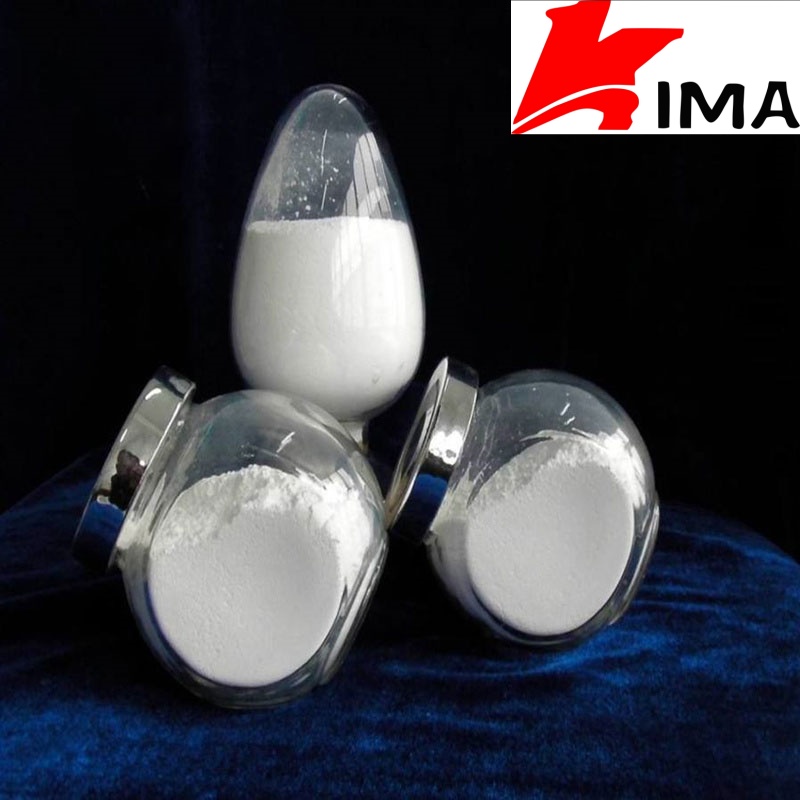Polyvinyl alcohol PVA
Polyvinyl alcohol PVA
Polyvinyl alcohol (PVA) is a synthetic polymer derived from vinyl acetate through polymerization and subsequent hydrolysis. It is a water-soluble polymer with a wide range of applications due to its unique properties. Let’s explore some key aspects of polyvinyl alcohol:
1. Chemical Structure: Polyvinyl alcohol is characterized by a repeating unit of vinyl alcohol monomers. The vinyl alcohol units are linked together by carbon-carbon single bonds, forming a linear polymer chain. However, pure vinyl alcohol is unstable, so polyvinyl alcohol is typically produced by the hydrolysis of polyvinyl acetate, where some of the acetate groups are replaced with hydroxyl groups.
2. Properties:
- Water Solubility: One of the most significant properties of PVA is its high water solubility. It readily dissolves in water to form clear, viscous solutions, making it suitable for various applications where water-based formulations are required.
- Film-Forming Ability: PVA can form transparent, flexible films when cast from its aqueous solution. These films have good mechanical strength, barrier properties, and adhesion to substrates, making them useful in applications such as coatings, adhesives, and packaging materials.
- Biocompatibility: PVA is generally regarded as biocompatible and non-toxic, making it suitable for use in various medical and pharmaceutical applications, such as drug delivery systems, wound dressings, and tissue engineering scaffolds.
- Chemical Stability: PVA exhibits good chemical stability, resisting degradation by acids, bases, and organic solvents under normal conditions. However, it may undergo hydrolysis under acidic or alkaline conditions, leading to a loss of properties.

3. Applications: Polyvinyl alcohol has a wide range of applications across various industries:
- Adhesives: PVA-based adhesives are widely used in woodworking, paperboard packaging, and consumer products due to their excellent adhesion, water resistance, and ease of use.
- Textiles: PVA fibers are used in textile applications to impart strength, abrasion resistance, and dimensional stability to fabrics.
- Packaging: PVA-based films are used as packaging materials for food, pharmaceuticals, and other products due to their barrier properties and biodegradability.
- Paper Coatings: PVA-based coatings are applied to paper and paperboard to improve surface smoothness, printability, and moisture resistance.
- Construction: PVA-based formulations are used in construction materials such as cement admixtures, plaster additives, and mortar modifiers to enhance workability, adhesion, and durability.
4. Environmental Considerations: While polyvinyl alcohol is biodegradable under certain conditions, its widespread use and disposal can still have environmental implications. Biodegradation of PVA typically occurs through microbial action in aerobic environments, such as composting facilities or wastewater treatment plants. However, in anaerobic environments, such as landfills, PVA may persist for longer periods. Efforts to develop biodegradable or renewable alternatives to traditional PVA formulations are ongoing to mitigate these environmental concerns.
In summary, polyvinyl alcohol (PVA) is a versatile polymer with a wide range of applications due to its water solubility, film-forming ability, biocompatibility, and chemical stability. Its use spans industries such as adhesives, textiles, packaging, paper coatings, and construction materials. While PVA offers numerous advantages, environmental considerations and efforts to develop sustainable alternatives are important factors in its continued use and development.